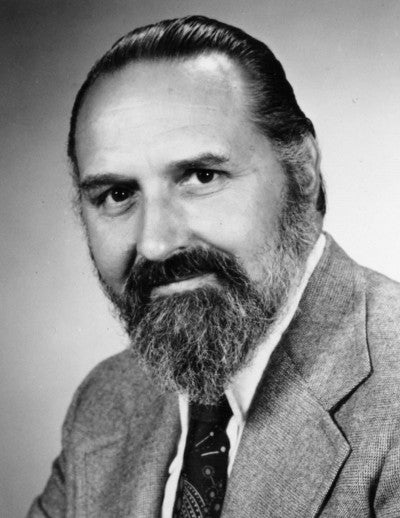
Academic Head
Harrison Shull was born August 17, 1923, son of the late Dr. George H. Shull, the Princeton botanist who invented hybrid corn. Shull graduated from Princeton High School in 1940. He earned his A.B. in chemistry with highest honors from Princeton University in 1943. He then served as an ensign with the U.S. Naval Research Laboratory in Washington. Following the WWII, Dr. Shull went to the University of California, Berkeley, where he received his PhD in 1948. On a Rockefeller scholarship he worked at he University of Chicago, where he began developing molecular orbital theory.
Shull joined the chemistry department at Iowa State University as an assistant professor and was awarded a Guggenheim Fellowship to pursue research in Quantum Chemistry at Uppsala University in Sweden. While in Sweden he helped establish the Quantum Chemistry Summer School at Valadolen, Sweden and Sanibel, Florida.
From 1955 to 1979 he was professor and chair of the chemistry department at Indiana University in Bloomington. He was the author of over 140 scientific papers and a college level chemistry textbook. He became an innovator in computer development and use, originating the model Quantum Chemistry Program Exchange and heading the University’s Research Computing Center. He also served as Dean of the Graduate School and Vice President of the University.
From 1979 to 1982, Dr. Shull served as Vice President and Provost of Rensselaer. In 1982, he was appointed chancellor of the University of Colorado at Boulder. In 1985 he became Provost and Vice President for Academic Affairs at the Naval Postgraduate School in Monterey, California.
Dr. Shull was elected to the National Academy of Sciences in 1969. He was also a fellow of the American Academy of Arts and Sciences, and a member of the American Physical Society, the American Association for the Advancement of Science, the American Chemical Society, and several other scientific and research associations. He was an active International member of the Kungliga Vetenskaps Akademin and the Faraday Society.
Shull died in the summer of 2003.
